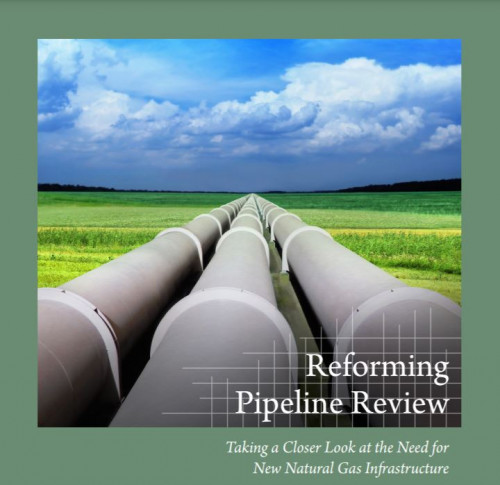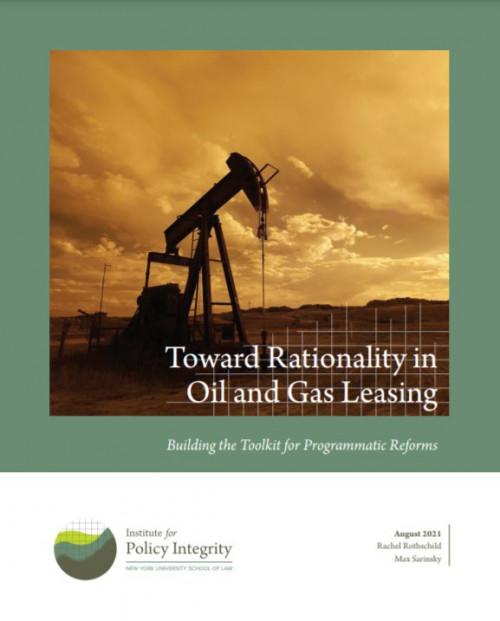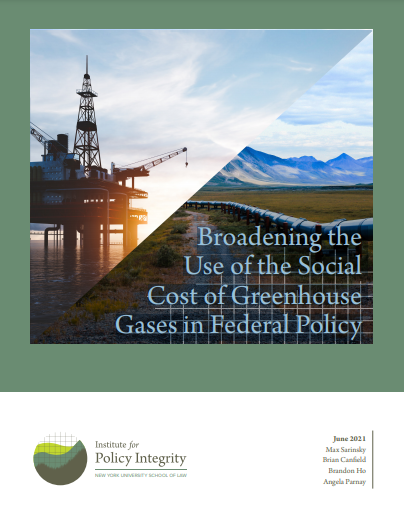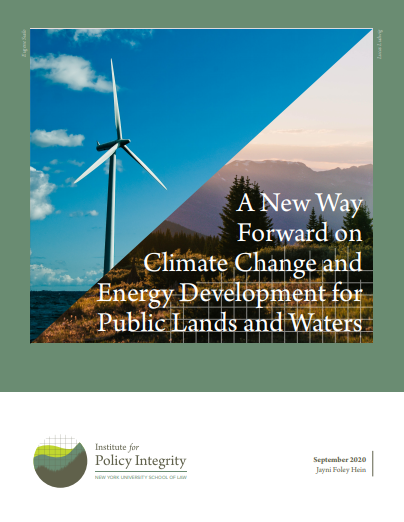-
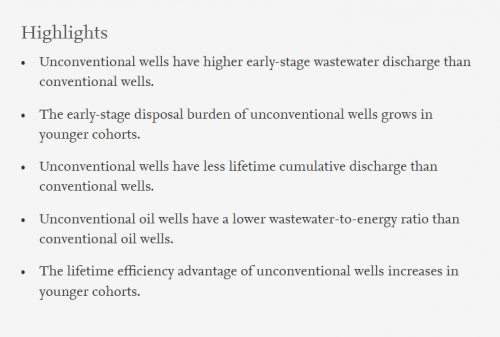
Does Unconventional Energy Extraction Generate More Wastewater? A Lifetime Perspective
Published in Ecological Economics
The paper analyzes how wastewater generation patterns differ between unconventional wells and conventional wells, accounting for differences in well configurations and local geology. Using the 2008–2016 monthly production data from 50,039 wells, the authors show that unconventional wells generated more wastewater in the first 12 months of production but less cumulative discharge than conventional wells. Unconventional oil wells had a lower wastewater-to-energy ratio throughout their lifetime than their conventional counterparts, whereas no efficiency gap existed among gas wells. These findings call for targeted strategies to balance the short-term disposal burden and the long-term efficiency gains of unconventional energy extraction.
-
Reforming Pipeline Review
Taking a Closer Look at the Need for New Natural Gas Infrastructure
The Federal Energy Regulatory Commission (FERC) uses a flawed process to evaluate the need for new, long-lasting gas infrastructure such as interstate pipelines, resulting in a certification process that fails to serve the public interest. As FERC begins to re-examine its approval process for new natural gas infrastructure, our report analyzes the Commission’s authority to consider a broader range of factors when deciding whether a proposed project is in the public interest. The report offers four key recommendations for reform.
-
Toward Rationality in Oil and Gas Leasing
Building the Toolkit for Programmatic Reforms
Leasing public lands and waters for fossil-fuel extraction drives a quarter of U.S. carbon dioxide emissions. Our new report offers analytic tools for federal leasing decisions to drive policies that maximize economic and environmental welfare—nationally and locally.
-
Broadening the Use of the Social Cost of Greenhouse Gases in Federal Policy
Our working paper highlights numerous areas in which the federal government should apply the social cost of greenhouse gases beyond regulatory cost-benefit analysis. It is organized under the framework of “decision-making, budgeting, and procurement” laid out in the President’s executive order, identifying a number of relevant actions—like environmental reviews conducted under NEPA and the assessment of royalty rates for federal land-management. In short, application of the social cost of greenhouse gases would be extremely beneficial for any executive branch decision with significant greenhouse gas implications.
-
A New Way Forward on Climate Change and Energy Development for Public Lands and Waters
The Department of the Interior has yet to develop a comprehensive plan to accurately account for, manage, and mitigate the greenhouse gas emissions that result from the extraction and combustion of fossil fuels from public lands and waters. This document describes immediate and longer-term actions that Interior’s Bureau of Land Management and Bureau of Ocean Energy Management should take to reform public lands management consistent with climate change, conservation, and fiscal reform priorities.
Viewing all publications in Natural Resources

